

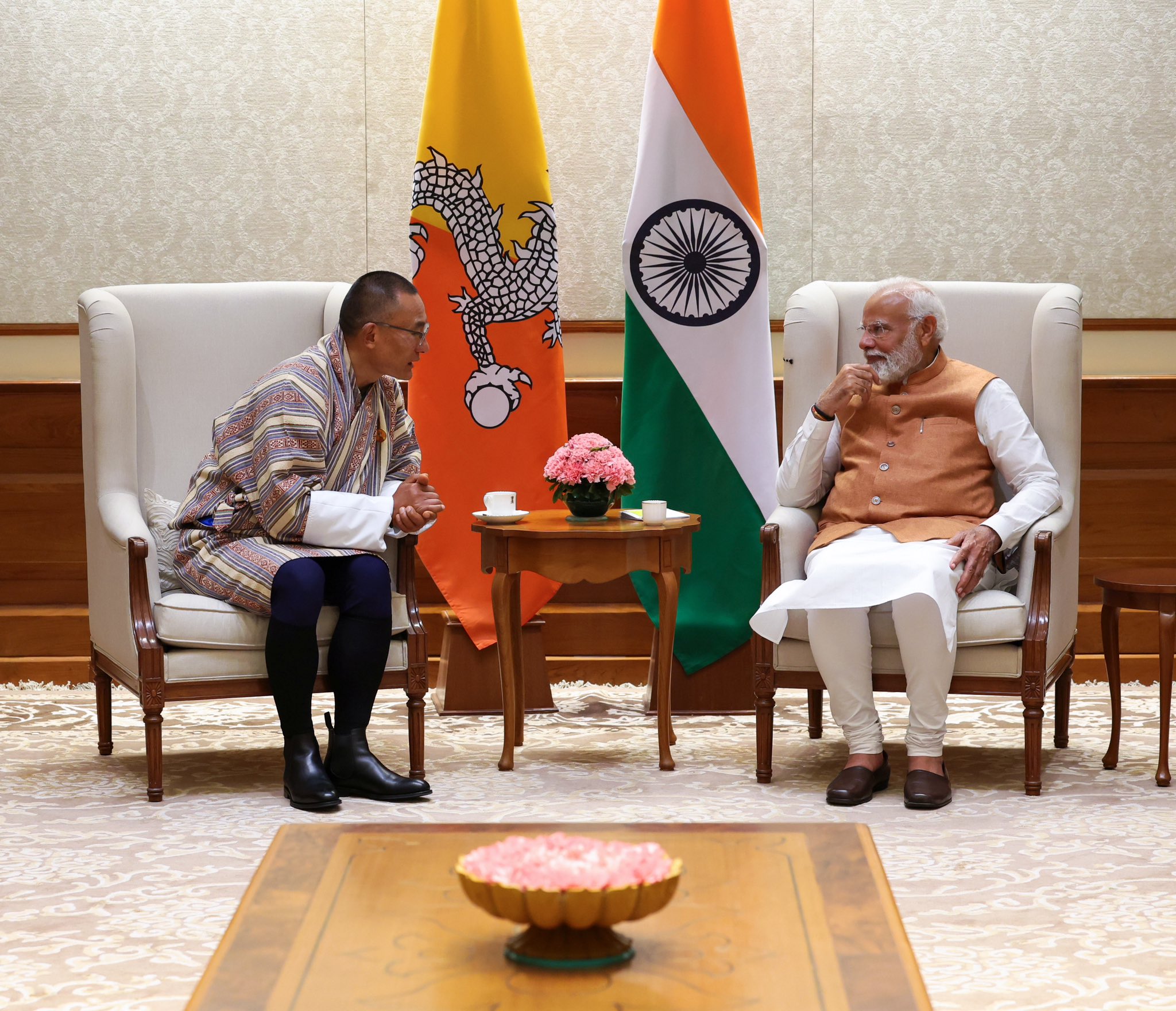
Prime Minister Narendra Modi and Bhutan's Prime Minister Tshering Tobgay joined forces at the School of Ultimate Leadership (SOUL) Leadership Conclave to discuss the importance of authentic leadership in today's world. Modi's unwavering commitment to nurturing leaders from various fields was praised by Tobgay, who referred to him as an "elder brother" and a mentor. The two-day event, which brings together leaders from different domains, aims to inspire young audiences by sharing experiences of both successes and failures in leadership.
Bhutan and India: A Bond of Leadership and Collaboration
Background:
Bhutan and India share a deep-rooted historical, cultural, and geopolitical bond. The two countries have enjoyed a close partnership for decades, marked by cooperation in areas such as trade, security, infrastructure, and cultural exchange.
Prime Minister Narendra Modi and Prime Minister Tshering Tobgay:
In 2014, Narendra Modi became the first Indian Prime Minister to visit Bhutan since 2008. His visit was seen as a sign of India's renewed commitment to its relationship with Bhutan. During the visit, Modi and Bhutanese Prime Minister Tshering Tobgay discussed various aspects of bilateral cooperation.
School of Ultimate Leadership (SOUL) Leadership Conclave:
In 2016, Prime Ministers Modi and Tobgay joined forces at the SOUL Leadership Conclave in New Delhi. The event brought together leaders from various fields to share their experiences and insights on authentic leadership.
During the conclave, Tobgay praised Modi's commitment to nurturing leaders. He referred to Modi as an "elder brother" and a mentor. Modi, in turn, emphasized the importance of authentic leadership in today's world. He urged young leaders to stay true to their values and to make decisions with courage and conviction.
FAQs:
1. What is the significance of the SOUL Leadership Conclave?
The SOUL Leadership Conclave is a platform where leaders from diverse backgrounds can share their experiences and insights on authentic leadership. It aims to inspire young audiences and foster a culture of mentorship and collaboration.
2. What was the key takeaway from the 2016 conclave?
The key takeaway from the 2016 conclave was the importance of authentic leadership. Both Prime Ministers Modi and Tobgay emphasized the need for leaders to stay true to their values and to make decisions with courage and conviction.
3. How has the relationship between Bhutan and India evolved over the years?
The relationship between Bhutan and India has evolved over the years, from a traditional protectorate-vassal relationship to a modern partnership based on mutual respect and cooperation.
4. What are the current areas of cooperation between Bhutan and India?
Current areas of cooperation between Bhutan and India include trade, security, infrastructure development, hydropower, and education.
5. What are the future prospects for Bhutan-India relations?
The future prospects for Bhutan-India relations look promising, with both countries committed to strengthening their partnership in various sectors. There is potential for further collaboration in areas such as economic integration, environmental cooperation, and cultural exchange.

In a digitized effort, Chief Minister Devendra Fadnavis transferred a grant of ₹25 crore to 560 gaushalas across the state under the Desi Cow Conservation Scheme. This first phase of the scheme will benefit over 56,000 indigenous cows for their upkeep. Fadnavis emphasized the importance of preserving indigenous cows for rural development and praised the initiative taken by the Maharashtra Goseva Commission. With lower milk productivity, these cow shelters play a vital role in providing necessary care for non-milking and unproductive cows, making the scheme a major relief for them.

Samajwadi Party chief Akhilesh Yadav criticized the BJP for taking 10 months to select a national president, while Amit Shah countered by pointing out dynastic practices among opposition parties. Reports suggest that the BJP will announce its new national president by the third week of April to replace JP Nadda. Nadda's tenure was extended until June 2024, but the new president will still be chosen after a process involving the party's 12-13 crore members.
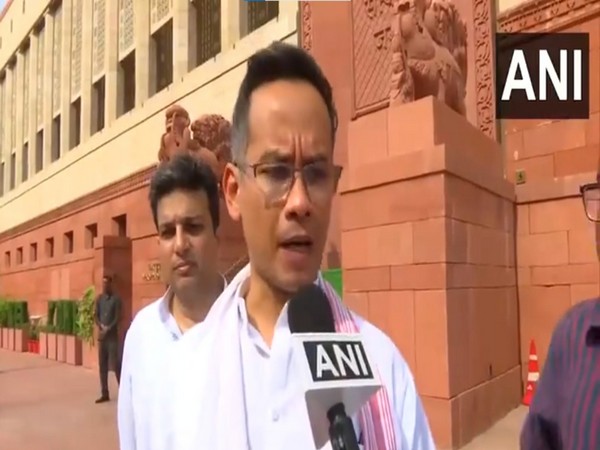
Congress MP Gaurav Gogoi vehemently opposes the Waqf amendment bill during a Lok Sabha discussion, stating that it is an attack on the foundation of Parliament and the Constitution. He also alleges that the government has ulterior motives for pushing the amendment, including diluting the Constitution, defaming minorities, dividing society, and disenfranchising the minority community. He questions the timing of the amendment and accuses the BJP-led government of restricting religious freedoms in India.
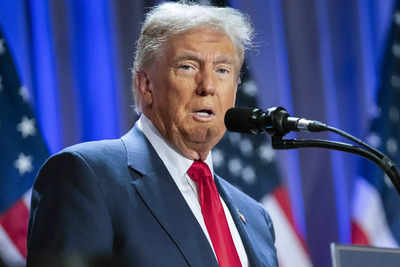
US President Donald Trump has sparked controversy by hinting at ways to stay in power beyond his second term. While the 22nd Amendment limits presidential terms to two, Trump believes there are "methods" to get around it. This raises concerns about the sanctity of democracy and the potential for abuse of power. The idea of a third term for any president has been largely rejected in American history, making this a crucial issue to watch.
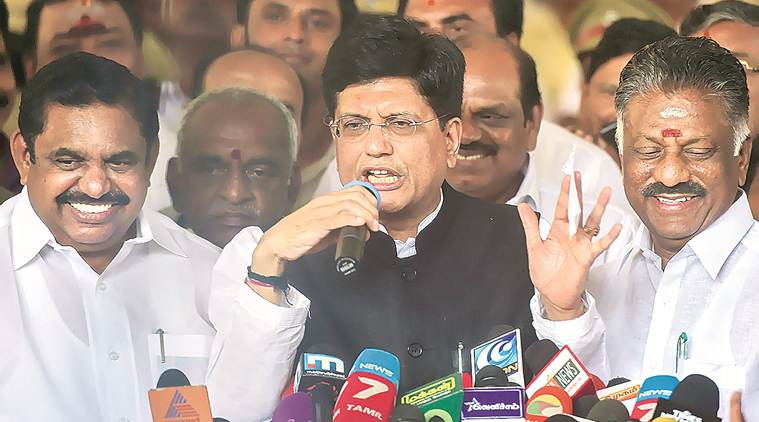
The Indian Express has reported exclusively that the BJP may ask K Annamalai to step down as the party's Tamil Nadu president, in order to avoid having both BJP and AIADMK's state election faces come from the Gounder community. This move is seen as a strategic decision to strengthen the BJP's alliance with AIADMK, as both Annamalai and AIADMK chief Edappadi K Palaniswami belong to this community. Despite his successful leadership style, Annamalai has reportedly been assured of a bright future within the party and has pledged complete loyalty.
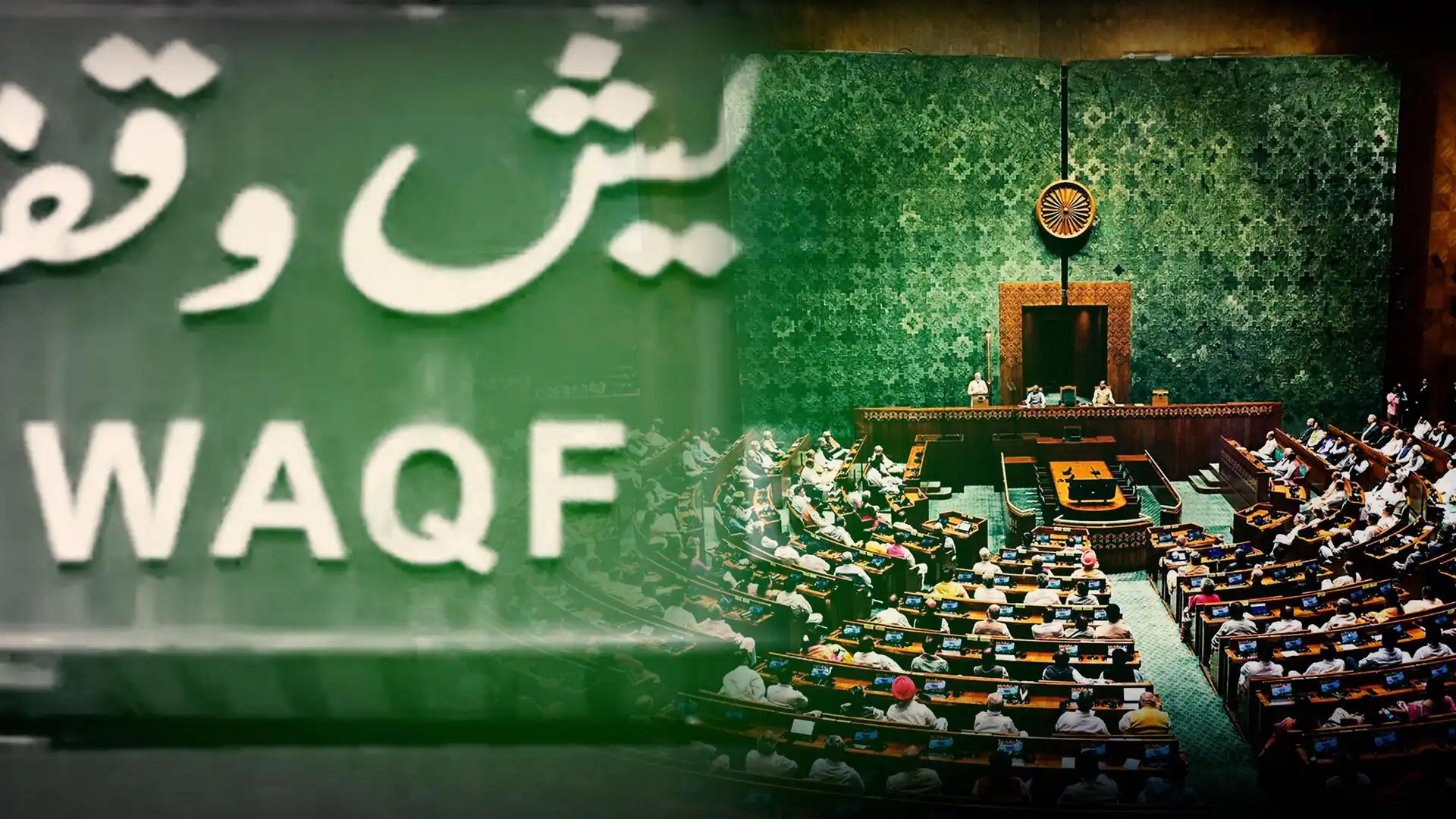
The Lok Sabha braces itself for a heated session as the Centre brings back the divisive Waqf (Amendment) Bill for consideration and passage. The eight-hour debate, agreed upon by leaders from all major parties, could be extended after taking the sense of the House. The previously introduced bill had faced backlash from the Opposition and was sent to a Joint Committee for further scrutiny, leading to clashes over proposed amendments and dissent notes being allegedly redacted. Some of the biggest points of contention include allowing non-Muslims to hold key positions in the Waqf board, giving power to the District Collector to determine ownership of disputed property, and removing the tribunal's final decision clause.

Prime Minister Narendra Modi and Chilean President Gabriel Boric Font held discussions on enhancing bilateral relations between India and Chile, particularly in the economic, commercial, and societal sectors. They also paid tribute to Mahatma Gandhi at Raj Ghat and announced the start of negotiations for a comprehensive economic partnership agreement. The Chilean President is on a five-day state visit to India, accompanied by a high-level delegation.
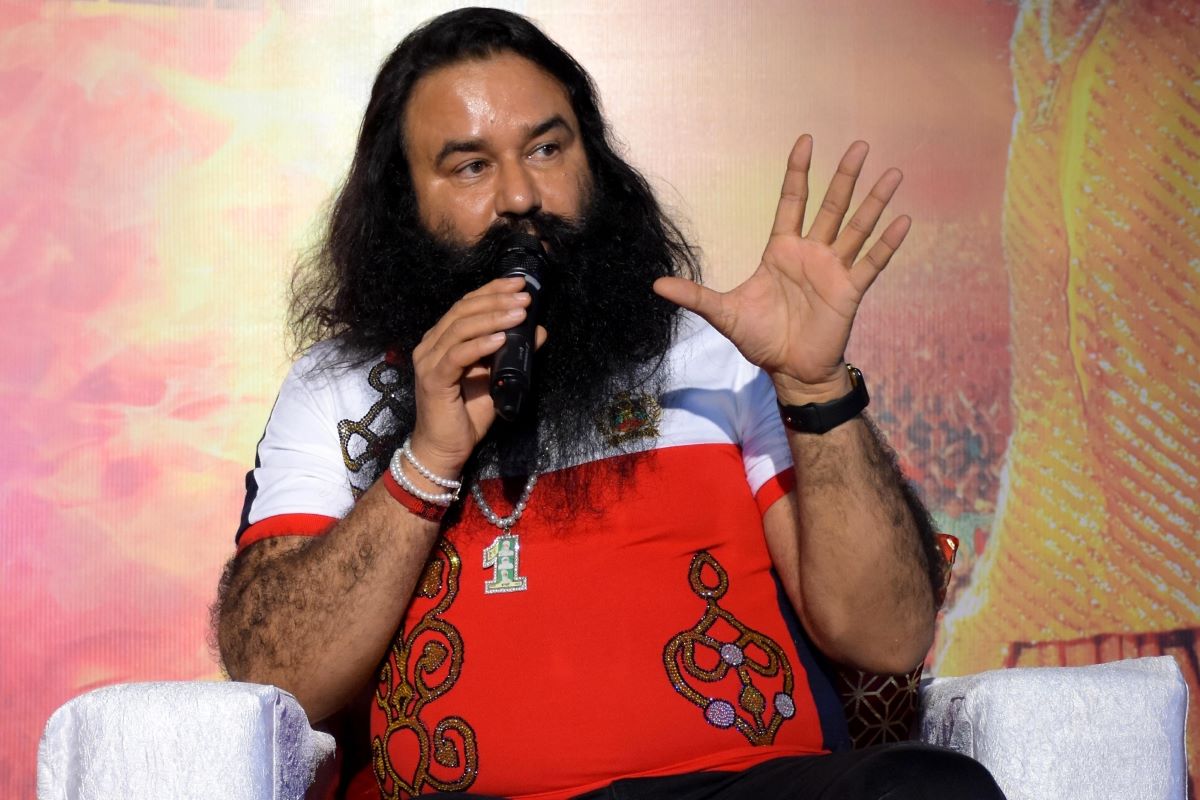
The controversial Godman, Ram Rahim, who is serving a 20-year jail sentence for rape, has been granted a 30-day parole by the Haryana government. His release coincides with the upcoming assembly elections in Delhi, raising questions about the timing of the decision. Ram Rahim's parole last year before the Haryana assembly elections was also met with criticism. With a mass following in Punjab, Uttar Pradesh, and Haryana, the parole has sparked a debate on the influence of religious leaders in politics. IBNS, an objective news agency, strives to provide factual and unbiased news without any biases or agendas.
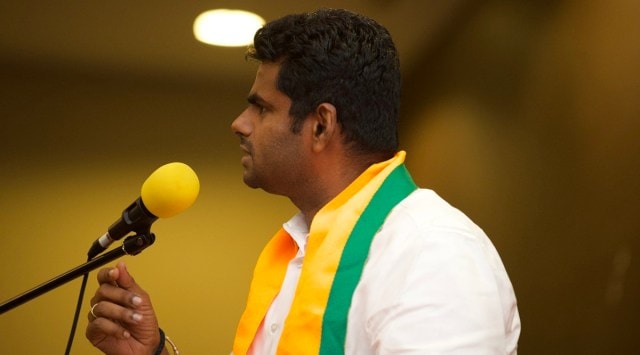
It has been speculated that K Annamalai, the current BJP Tamil Nadu president, may step down from his position as alliance talks between the BJP and AIADMK intensify. The move comes amid concerns over caste equations and the BJP's strategy to consolidate its hold beyond the western region of Tamil Nadu. Sources reveal that Annamalai has expressed complete loyalty to the party and may take on a national role or a different assignment in the state.
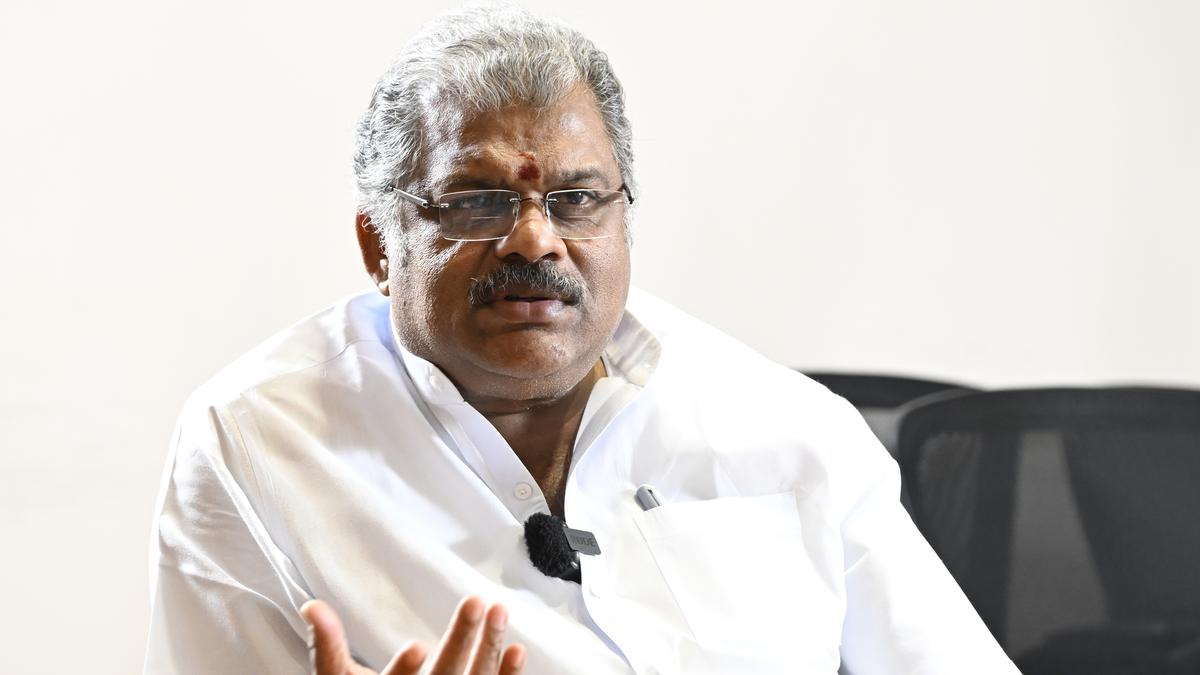
In a scathing attack, Tamil Maanila Congress leader and former Union Minister G.K. Vasan criticized the DMK government in Tamil Nadu for the deteriorating law and order situation in the state. Vasan accused the ruling party of using divisive issues to distract from their failures, corruption, and scams. He demanded a white paper on the alleged Rs 1,000-crore financial fraud involving the state-run corporation responsible for liquor sales. The Enforcement Directorate has conducted raids in connection with suspected financial irregularities, targeting the TASMAC headquarters, distilleries, and liquor contractors.